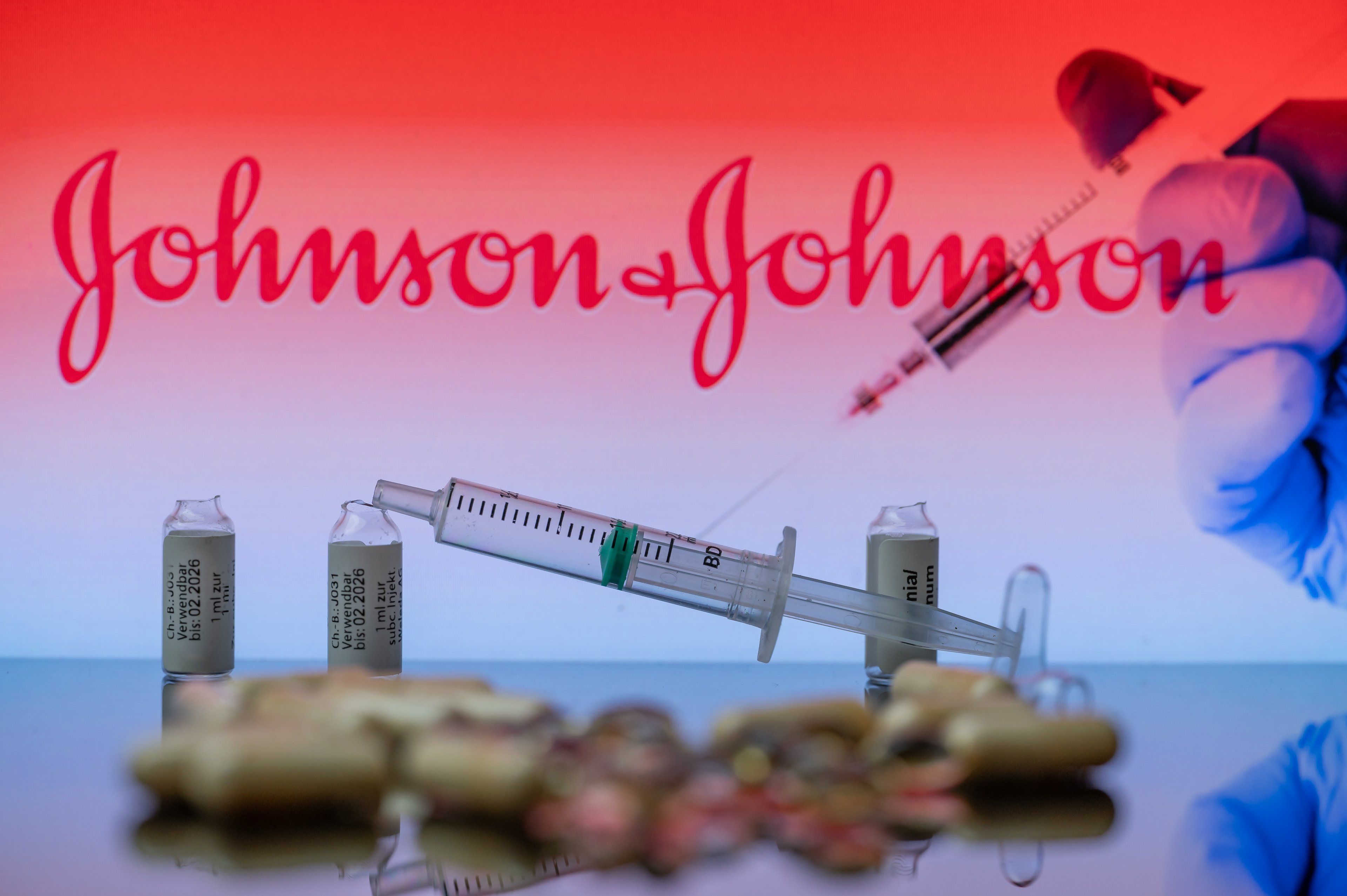Johnson & Johnson's (JNJ 0.19%) slogan evokes the reassuring benevolence of a parent: "From the day you're born, Johnson & Johnson never stops taking care of you." But for the state of Oklahoma, that slogan is a sick joke. Oklahoma has sued Johnson & Johnson, claiming the company is responsible for the opioid epidemic ravaging the state. The Oklahoma case is the first of over 1,600 opioid-related cases to go to trial, and it is the first to test the viability of a controversial legal theory -- public nuisance -- against a pharmaceutical company.Regardless of the outcome, the Oklahoma case will influence how local governments and drug companies will approach the coming wave of opioid litigation.
Kingpin of the opioid crisis
Oklahoma filed suit in 2017 against Johnson & Johnson; Purdue Pharma, the privately owned maker of Oxycontin; and Teva Pharmaceuticals USA, the American arm of the Israeli giant, Teva Pharmaceutical Industries Ltd. (TEVA 0.44%). The lawsuit alleges that these companies deceptively marketed opioids, misrepresenting the risks of addiction and the benefits of opioid treatment. Oklahoma contends that the drug manufacturers' conduct has cost the state millions in excessive prescriptions, substance abuse treatment, hospital and emergency services, criminal justice expenses, and lost productivity.

Image Source: Getty Images
Purdue Pharma settled with Oklahoma in March of this year, agreeing to pay the state $270 million toward substance abuse treatment and opioid research. Teva consented to an $85 million settlement right before trial.
Johnson & Johnson, the only defendant left in the case, disputes Oklahoma's allegations, claiming that its "actions in the marketing and promoting of these important prescription pain medications were appropriate and responsible." As far as Oklahoma is concerned, however, this defense is PR pablum. Indeed, the state not only has alleged that has Johnson & Johnson deceived the public about opioids, but also argues that the hallowed maker of "no more tears" shampoo is in fact the "kingpin" of the opioid crisis due to its cultivation and importation of poppies, the main ingredient in opioids
Are opioids are public nuisance?
Oklahoma initially asserted several claims in the suit, including Medicaid fraud and violation of the state's consumer protection laws. Shortly before trial, however, the state dropped every claim except one: public nuisance.
As a preeminent legal treatise notes, "[t]here is perhaps no more impenetrable jungle in the entire law than that which surrounds the word 'nuisance.' It has meant all things to all people, and has been applied indiscriminately to everything from an alarming advertisement to a cockroach baked in a pie." A public nuisance can be anything that causes inconvenience or damage to the public. In the past, courts have found that people created a public nuisance for things like keeping diseased animals, shooting fireworks in the street, crack houses, brothels, gambling dens, an opera performance that threatens to cause a riot, bad odors, obstruction of a highway, and even for being a common scold. Basically, the public nuisance theory has been used to prosecute the vices and annoyances that vex local communities.
But recently, states and local governments have begun applying public nuisance law to mass marketed goods that cause serious harm. This began in the 1990s when, as touched upon in the film The Insider (which contains one of the greatest courtroom smackdowns in cinematic history), over 40 states sued tobacco companies asserting public nuisance theories. The tobacco companies settled with the states in 1998 for over $246 billion before the public nuisance claims were tested in trial. After the tobacco cases, several municipalities sued gun manufacturers under a public nuisance theory. Those cases, however, were not successful. Currently, 14 cities and states have sued fossil fuel companies, alleging they have created a public nuisance by abetting climate change.
The opioid cases are the first to test the public nuisance theory against pharmaceutical companies. Proving that opioids are a public nuisance could be arduous. Opioids lack the inherent danger of guns and tobacco; used properly, opioids are a palliative that are essential to treating serious medical conditions. Additionally, similar to guns and tobacco, one could argue that opioids themselves are not a nuisance; instead, the nuisance is created by people who abuse opioids. Indeed, a North Dakota court recently dismissed a nuisance a suit against Purdue Pharma, finding that the company could not "control how doctors prescribe its products and it certainly cannot control how individual patients use and respond to its products."
Oklahoma is the test case
While the Oklahoma suit is the first opioid case to go to trial on a public nuisance theory, it is a mere appetizer. The main dish will be served in October when a federal case in Cleveland, Ohio, consolidating 1,600 opioid lawsuits nationwide is set to go to trial. The federal judge in Ohio will allow plaintiffs to proceed under public nuisance law.
Thus, the eyes of the legal, pharmaceutical, and investing communities are on Oklahoma to see how the public nuisance theory fares. Oklahoma claims that fixing the nuisance created by Johnson & Johnson and other opioid manufacturers will cost as much as $17 billion. Although a judgment of that magnitude is unlikely, it is an indication of what is at stake in the federal case in Ohio.
Multiple billion dollar judgments could seriously threaten many of the defendant drug manufacturers. Purdue Pharma is considering bankruptcy as a result of the opioid litigation. Teva Pharmaceuitical's stock has plummeted over 80% over the last few years; it can ill afford billions in opioid judgments. Johnson & Johnson, which has long been a popular dividend-yielding investment, lost 4.2% on the day the Oklahoma trial began.
The road ahead for these and other opioid manufacturers -- like Insys Theapeutics, which just settled a case for $225 million -- is rocky. The fact remains, the opioid crisis has imposed massive costs on the American public. These lawsuits will determine how much of those massive costs manufacturers of opioid drugs will have to bear.







